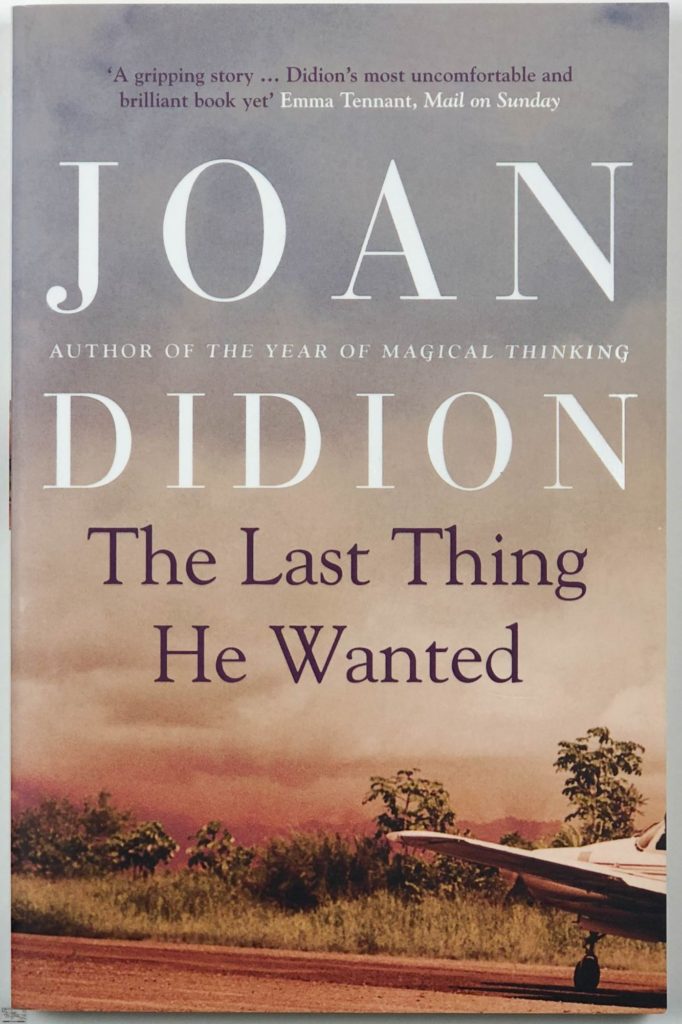 Joan Didion, if you are not familiar, is a challenging sort of fiction read. Simply put, she makes her own awkward rules, which for the most part, work perfectly. But don’t expect to understand them the first time around. Writing fiction in the style of reportage way before the likes of Marlon James won huge prizes for it, she doesn’t worry about crossover POV or genre, and stays in the literary thanks to pure writing. In this, a later novel, her style has set in, which makes it a perfect book to study her in more detail. She is, in fact, one of the greatest writers who ever lived, and by the end of the book, if you pay attention, you’ll understand why, and like most of us who have had this initiation, be grabbing hold of every word she has ever put to paper in a frenzy of literary discovery.
Joan Didion, if you are not familiar, is a challenging sort of fiction read. Simply put, she makes her own awkward rules, which for the most part, work perfectly. But don’t expect to understand them the first time around. Writing fiction in the style of reportage way before the likes of Marlon James won huge prizes for it, she doesn’t worry about crossover POV or genre, and stays in the literary thanks to pure writing. In this, a later novel, her style has set in, which makes it a perfect book to study her in more detail. She is, in fact, one of the greatest writers who ever lived, and by the end of the book, if you pay attention, you’ll understand why, and like most of us who have had this initiation, be grabbing hold of every word she has ever put to paper in a frenzy of literary discovery.
In the book, Elena McMahon, a Washington Post journalist finds out her father is dying, but she has never known what he does for a living, except that it’s something in logistics. He asks her to carry out a last job for him, the job that will “make” them, and she flies out of the US for an unknown deal in the Caribbean. What she doesn’t know is that her father has already made fatal blunders. When she cannot retrieve her passport from the hotel, she is forced to work in a resort on the odd island she has ended up on, just as the Iran-contra crisis is about to break, and war looks certain.
The importance of a first sentence suggesting a story of magnitude, “Some real things have happened lately. For a while we felt rich and then we didn’t.” Who is the “we” and why did they feel “rich”, and then not? Intriguing in ten words.
Didion writes, “For the record, this is me talking. You know me, or you think you do. The not quite omniscient author” She explains she tried a character called “Lilianne Owen”, as she tells it, “a construct”, saying, “As Lilianne Owen I could not have told you half of what I knew.” She is the writer typing the words on the page, but also the narrator joining the reader within the story. Also, how to write exotic settings without overloading the reader with information: Simple details tether the reader and fill in the blanks.
When Didion wants to create a sense of uncertainty, she removes detail, and lets the character suffer, for instance when Elena makes it to a Costa Rican airstrip and knows nothing, Didion leaves her standing there for a long time in the heat, and creates a feeling of frustration in the reader. She foreshadows an event with a phrase, then repeat the phrase to marry it to another thought later. This gives symbolism and allegory a strong thread throughout. Didion takes no prisoners on her topography, politics, and history, referencing as if it’s all common knowledge, and she demands her reader’s full attention, which is one reason some would find this book off-putting. But the writing is so immediate that it’s incredibly rewarding once digested. It feels like she’s grabbing the reader’s wrists tight and forcing them to listen to the story.
With the upcoming movie with Anne Hathaway in the lead role, this is bound to be a Didion novel that comes back into focus this year.
Available At

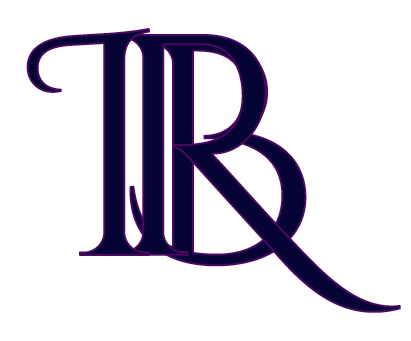
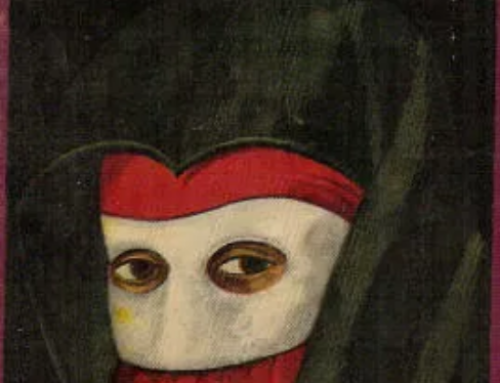
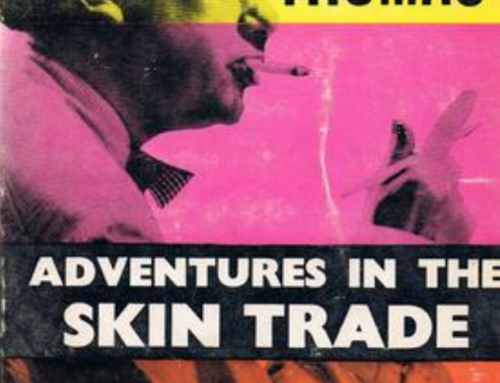
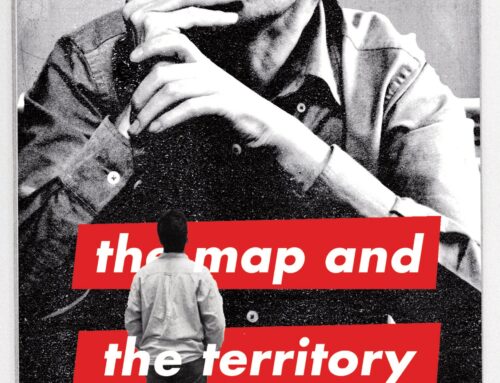
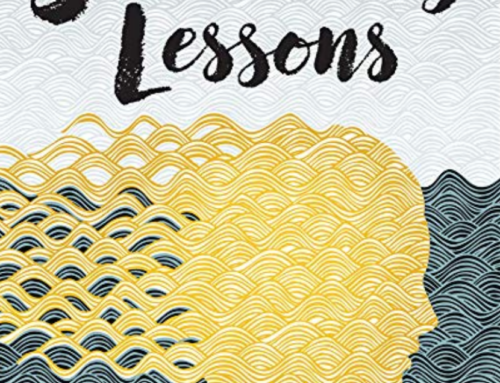
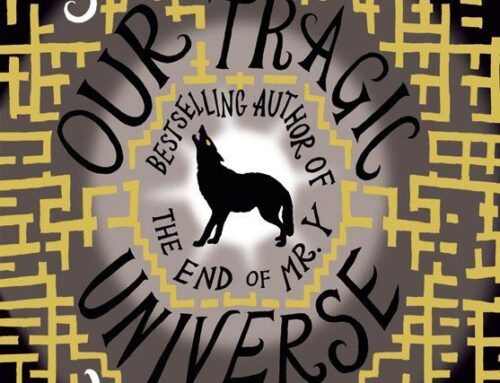
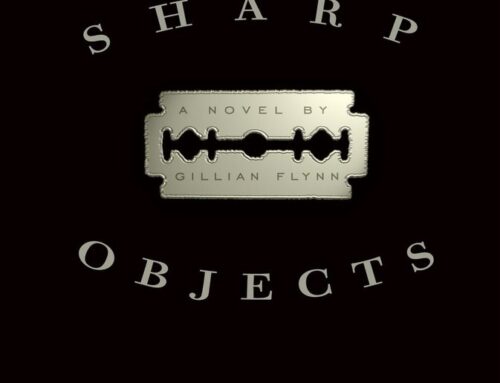
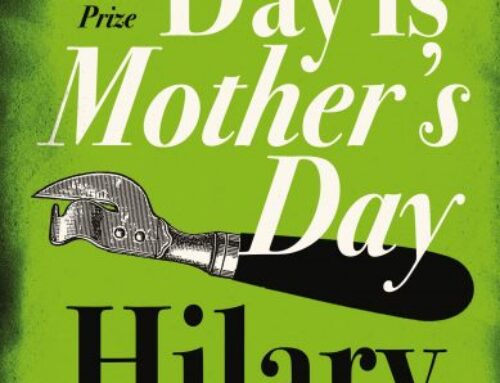

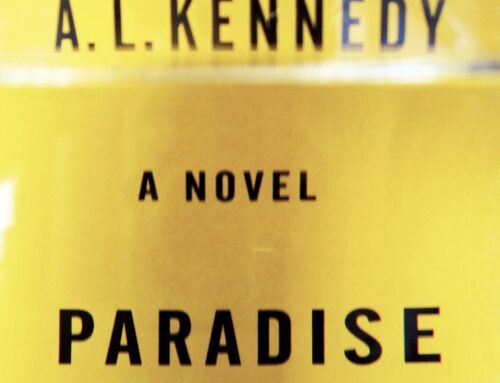

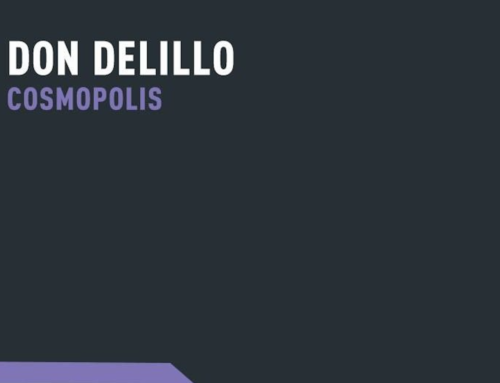
Leave A Comment